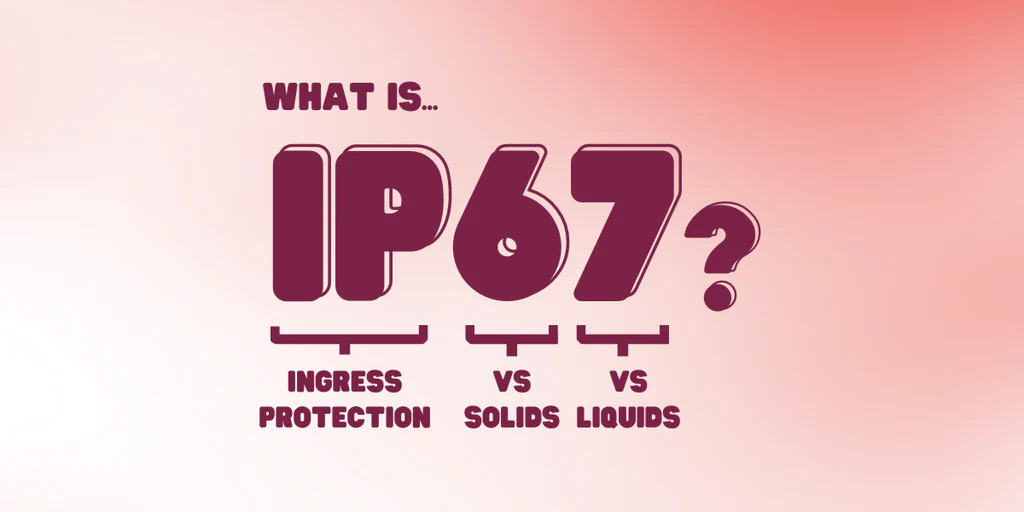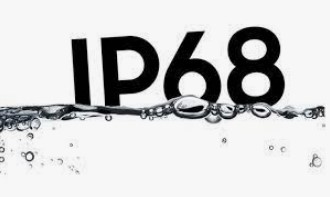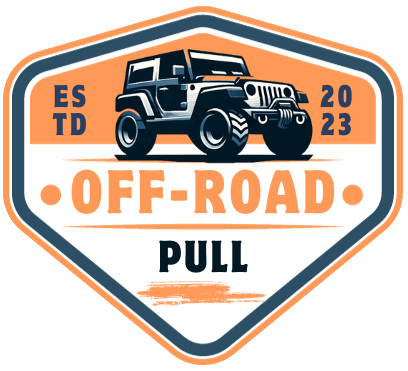Ingress Protection (IP) ratings classify how well a device resists intrusion from solid particles and liquids. The first digit indicates protection against solids (like dust), while the second digit represents protection against liquids (like water).
Quick Comparison Table: IP67 vs. IP68 Winches
| Feature | IP67 | IP68 |
|---|---|---|
| Water Resistance | Immersion up to 1 meter for 30 mins | Immersion beyond 1 meter (depth varies by manufacturer) |
| Dust Protection | Complete protection from dust | Complete protection from dust |
| Best For | Temporary submersion (e.g. shallow water crossings) | Continuous or deeper submersion (e.g. water rescues, marine use) |
| Durability | High, but limited in deep water | Higher for underwater or long exposure |
| Typical Use Case | Off-road enthusiasts, general use | Heavy-duty or marine applications |
| Cost | Generally lower | Typically higher |
Quick summary
IP67: Fully dust-tight and water-resistant for immersion up to 1 meter for 30 minutes. Best for general off-road use and occasional water crossings.
IP68: Fully dust-tight and resistant to prolonged water immersion beyond 1 meter. Ideal for heavy-duty or underwater applications like marine winching.
IP67 Winches

Solid Particle Protection (Dust-Tight)
IP67 winches are completely dust-tight, meaning no dust can penetrate their casing. This is crucial for several reasons. Dust particles, especially fine ones, can damage internal components, leading to wear and tear over time.
By being dust-tight, IP67 winches ensure that their internal mechanisms remain clean and functional.
This protection is especially important in environments with a lot of dust or airborne particles, such as construction sites or deserts.
It means the winch will operate smoothly and efficiently without the risk of dust-related issues.
Liquid Ingress Protection (Temporary Immersion Up to 1 Meter)
When it comes to liquid protection, IP67 winches are designed to handle temporary immersion in water up to 1 meter deep for 30 minutes.
This level of protection is critical in environments where the winch might occasionally be exposed to water but not for extended periods.
For example, if you’re using a winch on a vehicle that crosses streams or puddles, or in an area prone to heavy rain, an IP67 winch will perform reliably.
It won’t be damaged by short-term water exposure, ensuring it continues to work when you need it most.
Suitable Applications for IP67 Winches
IP67 winches are versatile and suitable for various applications where dust and occasional water exposure are concerns.
They are perfect for off-road vehicles that may encounter dusty trails and water crossings. Utility trucks and service vehicles, which often operate in diverse and challenging conditions, can also benefit from IP67 winches.
Additionally, certain industrial applications, where machinery might face occasional splashes of water or dust, are ideal for IP67-rated winches.
In all these scenarios, the winch’s ability to withstand dust and temporary water immersion ensures reliable performance.
IP68 Winches

Solid Particle Protection (Dust-Tight)
Like IP67 winches, IP68 winches are completely dust-tight. This means they offer the same level of protection against dust ingress, ensuring that no dust can enter and potentially damage the internal components.
This protection is crucial in environments with high levels of dust or fine particles.
By keeping dust out, IP68 winches maintain their reliability and operational efficiency, even in the most challenging dusty conditions.
Liquid Ingress Protection (Continuous Immersion Beyond 1 Meter)
The major difference between IP67 and IP68 winches lies in their liquid protection. IP68 winches can withstand continuous immersion in water beyond 1 meter depth.
The exact depth and duration can vary depending on the manufacturer, but this rating generally indicates a much higher level of water resistance.
This means that IP68 winches are suitable for environments where they might be submerged in water for extended periods.
Whether it’s underwater operations, heavy rain, or flooding, an IP68 winch will continue to function without any issues, providing reliable performance in the toughest conditions.
Suitable Applications for IP68 Winches
IP68 winches are ideal for applications where the winch might be continuously exposed to water. This includes marine settings, such as on boats or docks, where equipment is frequently submerged.
Underwater operations, like diving support or underwater construction, also benefit from IP68 winches due to their ability to withstand prolonged water immersion.
Additionally, areas with heavy rainfall or prone to flooding can rely on IP68 winches for continuous, reliable operation.
These winches are also suitable for heavy-duty industrial use where equipment might face severe and challenging conditions.
For durable, highly rated winches that can handle submersion and water exposure, see our best waterproof winches tested for wet and rugged conditions.
Key Differences Between IP67 and IP68 Winches
Depth of Water Immersion Protection
IP67 winches can handle water immersion up to 1 meter temporarily. This means they are suitable for situations where the winch might get wet but won’t stay submerged for long.
On the other hand, IP68 winches can handle continuous immersion beyond 1 meter. This makes them ideal for more demanding environments where the winch may be underwater for extended periods.
Continuous vs. Temporary Immersion Capability
IP67 winches are designed for temporary immersion. They are perfect for conditions where the winch will only occasionally get wet, such as during heavy rain or brief water crossings.
In contrast, IP68 winches are built for continuous immersion. They can stay submerged without any issues, making them suitable for underwater operations or areas with constant water exposure.
Pressure Resistance
IP68 winches are designed to withstand higher pressure from continuous immersion.
This added pressure resistance ensures that the winch remains durable and reliable even under challenging conditions.
In comparison, IP67 winches are not built to handle the same level of pressure, making them less suitable for deep or prolonged water immersion.
Factors to Consider When Choosing IP67 or IP68 Winches
Operating Environment
Consider where you will use the winch. For marine, industrial, or outdoor settings with frequent water exposure, IP68 is likely the better choice. For less demanding environments, IP67 may suffice.
Exposure to Water and Moisture
Assess how often the winch will be exposed to water. If the winch will only occasionally encounter water, IP67 should be adequate. If it will regularly or continuously be submerged, go for IP68.
Depth of Potential Immersion
Determine the potential depth of water exposure. If there’s a chance the winch will be submerged beyond 1 meter, IP68 is necessary. Otherwise, IP67 should be sufficient.
Safety and Reliability Requirements
Consider the safety and reliability standards you need to meet. IP68 winches offer higher assurance for continuous performance under harsh conditions, which can be crucial for certain applications.
Conclusion
Understanding IP ratings, specifically IP67 and IP68, is essential for choosing the right winch for your needs.
Knowing the level of dust and water protection helps ensure that your winch performs reliably in its intended environment.
Whether you need a winch for occasional water exposure or for continuous underwater use, there’s an IP-rated winch that meets your requirements.

